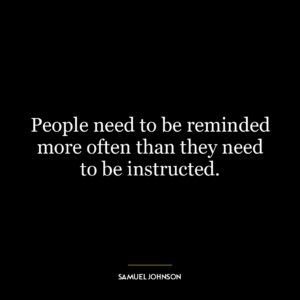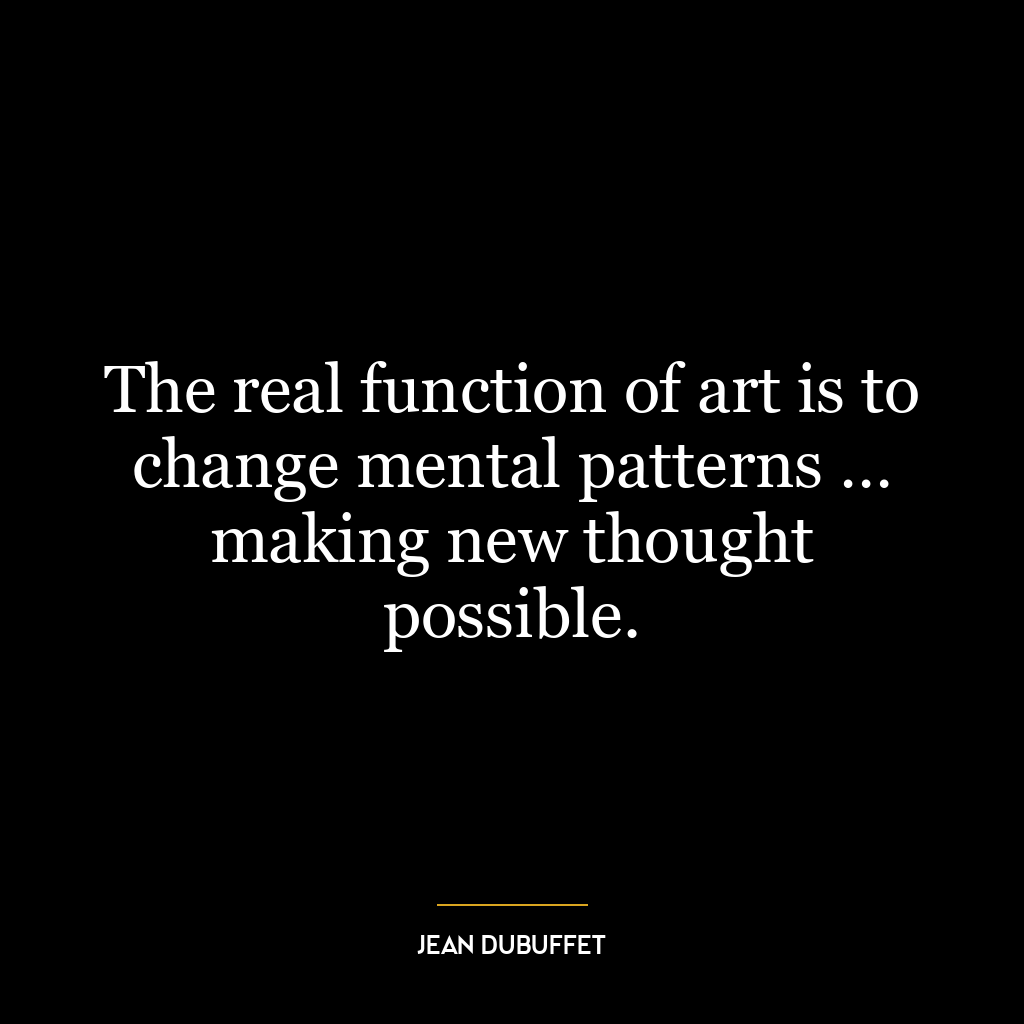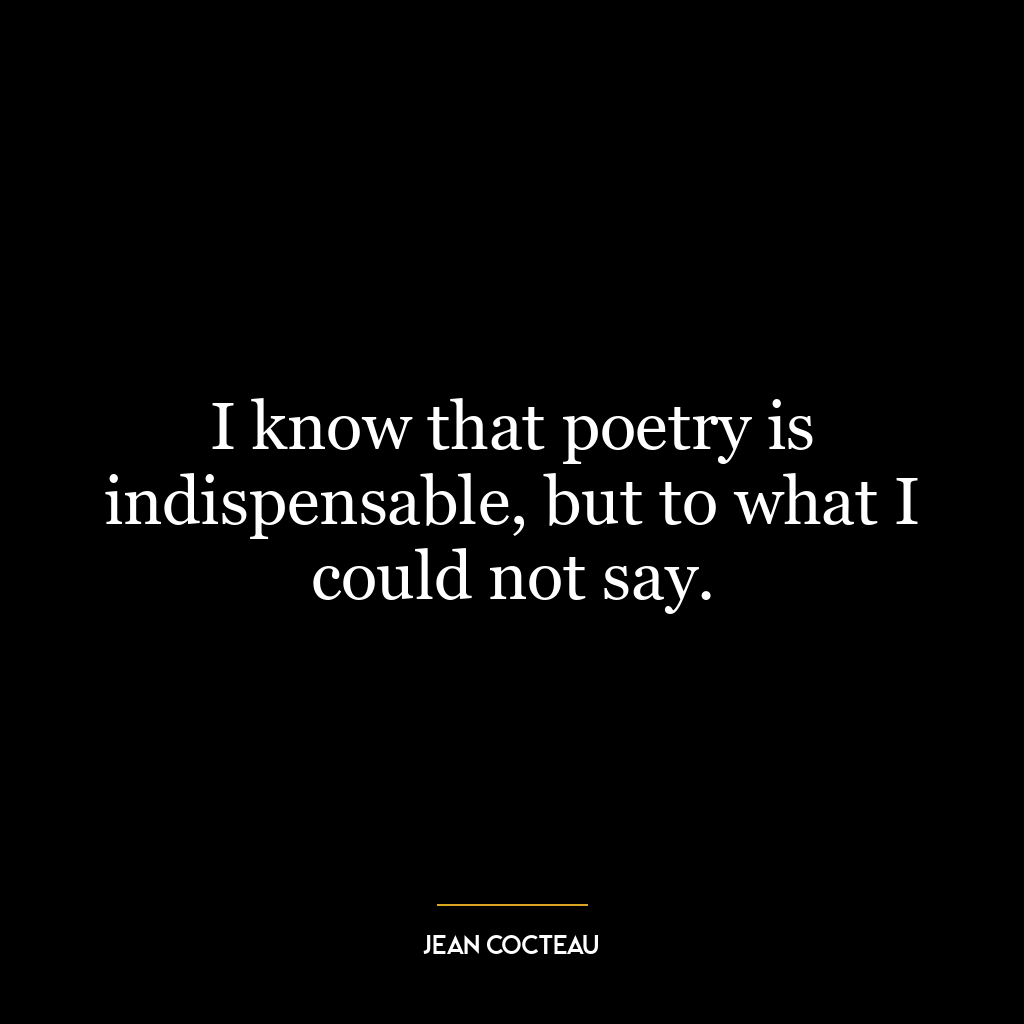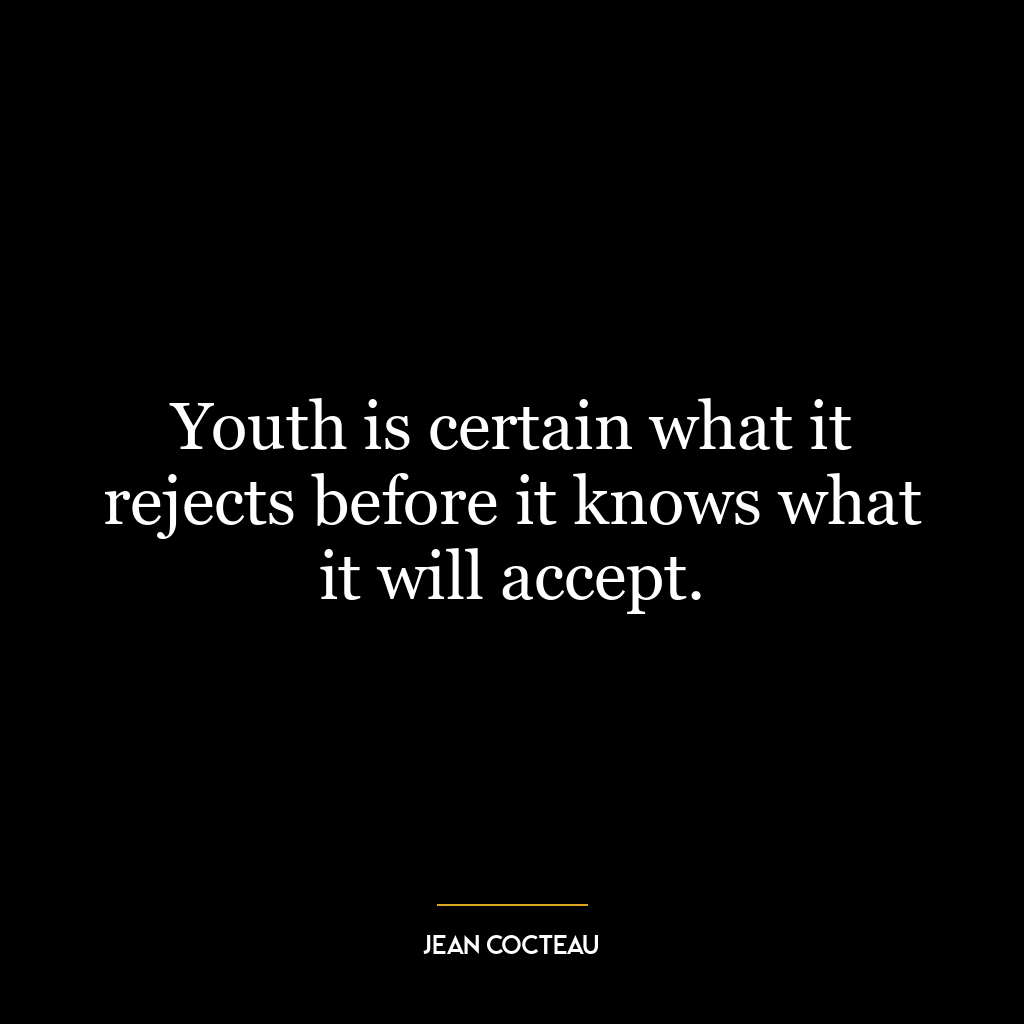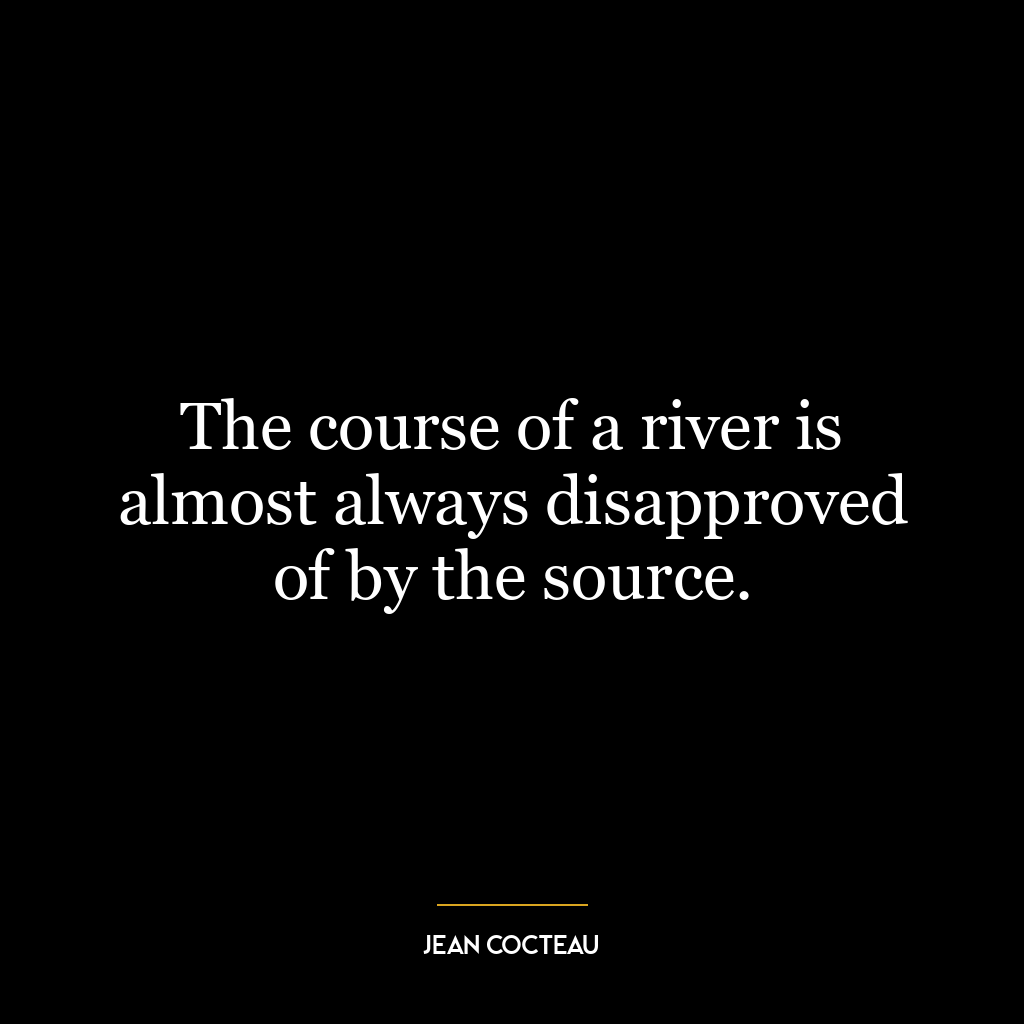This quote articulates the notion that when individuals feel discomfort or unease but cannot pinpoint its source, they often seek solace in changing their physical location. This is akin to the common saying “a change is as good as a rest.” The idea here is that by shifting our environment, we can disrupt static patterns of thought and feeling, thereby alleviating our discomfort.
At a deeper level, this quote suggests that it’s human nature to attribute internal struggles to external factors. Instead of introspecting and addressing the root cause of our unease – which often lies within us – we opt for a more immediate solution: altering our surroundings.
In today’s fast-paced world where everyone seeks quick fixes for complex problems, this idea remains relevant. If someone feels dissatisfied with life but can’t identify why they might choose to move cities or switch jobs hoping for a fresh start. However, if their dissatisfaction stems from internal factors like low self-esteem or unaddressed trauma, these changes won’t necessarily bring long-term relief.
In terms of personal development, this quote underscores the importance of self-awareness and introspection. Instead of seeking external solutions for internal problems – such as changing one’s environment when feeling uneasy – it may be more beneficial in the long run to delve into understanding one’s feelings better. Regular practices such as meditation or journaling could help individuals recognize patterns in their thoughts and behaviors that may be contributing to their unease.
However, it’s important not to entirely dismiss the value of change either. Sometimes changing environments can indeed provide new perspectives and opportunities for growth; other times it merely serves as an escape mechanism from facing oneself honestly. The key lies in discerning between these two scenarios – knowing when change is genuinely needed versus when it’s just an attempt to avoid confronting deeper issues within ourselves.




